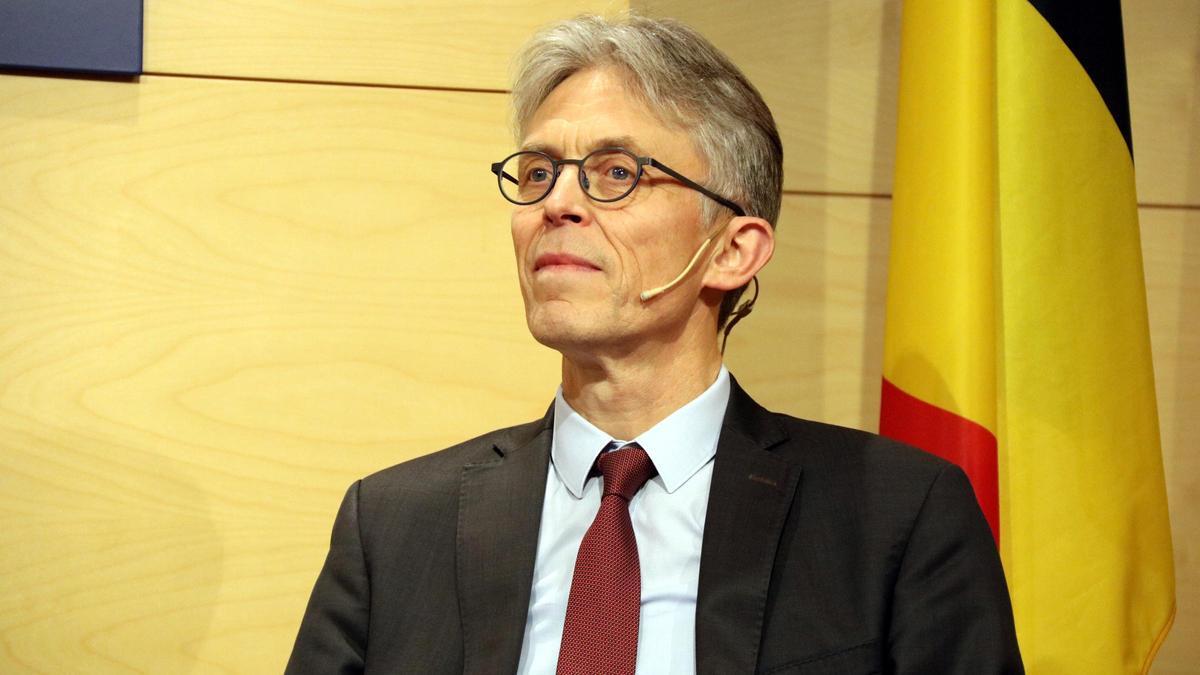The European Union is sliding into uncertainty in an important political year. The latest economic data and forecasts predict that 2024 will be difficult. The escalating conflict in the Middle East and the possibility of a protracted war in Ukraine are exacerbating geopolitical tensions and damaging the economy. In the first case, the European Union has no influence, but in Ukraine it has given up trying to end the war. The policies announced by the European Union in Germany and France will fuel the vote of discontent in favor of the far right in the European elections next June. In addition to this, there is the risk of Donald Trump winning the US presidential elections, which would give greater momentum to extremist European powers and harm transatlantic relations, as happened in his previous term.
The German economy contracted by 0.3% in 2023 as a whole, and may suffer another decline in GDP this year. The ECB already admits that the eurozone may also be in recession and that the short-term outlook is very weak. But the European Central Bank has delayed the first rate cut until the summer, and will continue to punish activity and slow the recovery. The spread of precarious and part-time employment has pushed down the unemployment rate in the European Union, but the number of unemployed in seasonally adjusted numbers has risen in a year in Germany, France, Denmark, Sweden and Portugal, according to the latest Eurostat data for November. .
The German figures embody the European difficulties: loss of purchasing power due to higher prices and interest rates, lower private consumption (0.8% in 2023), lower industrial production (2%), and lower public consumption (1.7%) due to the crisis. – Early implementation of austerity policy. EU countries where tourism has a greater weight have been able to withstand the crisis better so far, such as Spain, where tourism contributed 70% of GDP growth in 2023. But the annual decline in industrial production in the euro area has already reached… 6.8% in November. According to Eurostat.
Less flexibility
Germany's finance minister, liberal Christian Lindner, whose party won 11.5% of the vote in 2021 and now has a voting intention of just 5%, has pushed for a very restrictive reform of the agreement's stability, which eminent European economists have described as too negative. Like Jean Pisani Ferré. The compromise imposed by Berlin removed most of the flexibility needed to reduce debt and public deficits from the European Commission's initial proposal, which already fell very short, because it did not resolve how to finance the astronomical investments it had to face. European Union for Green Transition, Industrial and Technological Development and Defence, as pointed out by the Royal Elcano Institute, among others.
The European Parliament is now trying to reintroduce more flexibility but is clashing with Berlin. The most effective way to reduce the level of debt relative to GDP is to facilitate strong economic growth. The attempt to limit it through amendments that stifle the economy leads to reproducing the disaster caused by the austerity policy of 2010-2019, from which the European Union has not yet recovered.
Germany and the European Union have also embarked on a dangerous strategy that will intensify the far-right vote of discontent: support €50 billion in new aid for Ukraine, but refuse to increase and support funds for European technological and industrial development. To reduce the cost of energy transition. Lindner succeeded in the rebellion of the German camp in reducing support and increasing the sympathy of industrial workers to 27% with the extremist Alternative for Germany party. He also canceled aid allocated for the purchase of electric cars and intends to cut off aid to Germany. Microchip industry and green industrial transformation. Germany's largest solar panel manufacturer, Meyer Berger, has just announced it is closing and moving its headquarters to the United States, where the main industry is supported by subsidies.
In France, the measures announced by President Emmanuel Macron will also generate more social unrest and extreme voting: another labor reform, restrictions on unemployment benefits, civil servant salary reform, cuts in public spending, and silence on the deterioration of public and health services in France. Within France and cosmetic measures in education (compulsory wearing of uniforms and teaching in Marseille, instead of more teachers and money).

“Freelance social media evangelist. Organizer. Certified student. Music maven.”










